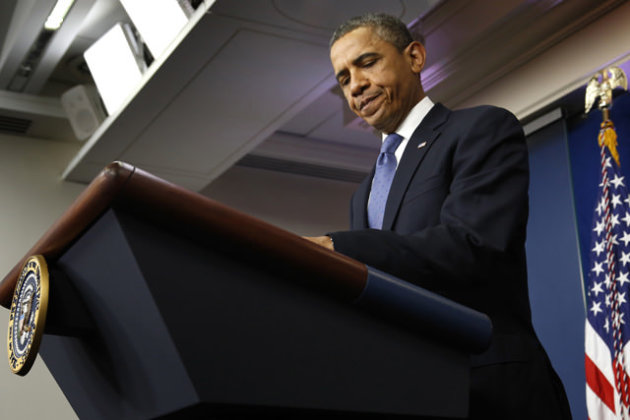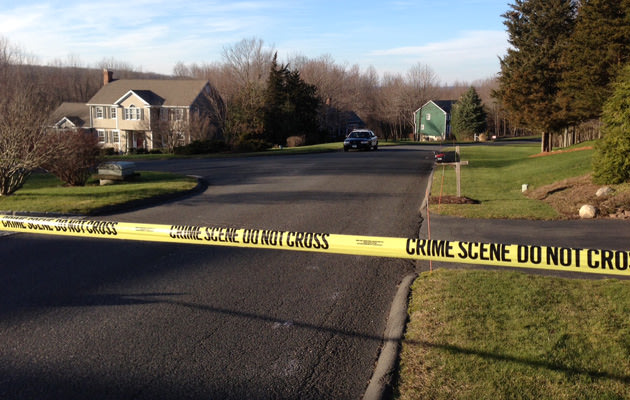Editor's note: This op/ed is by Senate Republican Leader Mitch McConnell, R-Ky.
The first day of a new Congress always represents a fresh start. This year, it also presents a perfect opportunity to tackle the single-greatest challenge facing our nation: reining in the out-of-control federal spending that threatens to permanently alter our economy and dim the prospects and opportunities of future generations of Americans.
Earlier this week, I helped negotiate an imperfect solution aimed at avoiding the so-called “fiscal cliff.” If I had my way taxes would not have gone up on anyone, but the unavoidable fact was this if we had sat back and done nothing taxes would have gone up dramatically on every single American, and I simply couldn’t allow that to happen.
By acting, we’ve shielded more than 99% of taxpayers from a massive tax hike that President Obama was all-too willing to impose. American families and small businesses that would have seen painfully smaller paychecks and profits this month have been spared. Retirement accounts for seniors won’t be whittled down by a dramatic increase in taxes on investment income. And many who’ve spent a lifetime paying taxes on income and savings won’t be slammed with a dramatically higher tax on estates.
Was it a great deal? No. As I said, taxes shouldn’t be going up at all. Just as importantly, the transcendent issue of our time, the spiraling debt, remains completely unaddressed. Yet now that the President has gotten his long-sought tax hike on the “rich,” we can finally turn squarely toward the real problem, which is spending.
Predictably, the President is already claiming that his tax hike on the “rich” isn’t enough. I have news for him: the moment that he and virtually every elected Democrat in Washington signed off on the terms of the current arrangement, it was the last word on taxes. That debate is over. Now the conversation turns to cutting spending on the government programs that are the real source of the nation’s fiscal imbalance. And the upcoming debate on the debt limit is the perfect time to have that discussion.
We simply cannot increase the nation’s borrowing limit without committing to long overdue reforms to spending programs that are the very cause of our debt.
The only way to achieve the balance the President claims to want is by cutting spending. As he himself has admitted, no amount of tax hikes or revenue could possibly keep up with the amount of money Washington is projected to spend in the coming years. At some point, high taxes become such a drag on the economy that the revenue stalls.
While most Washington Democrats may want to deny it, the truth is, the only thing we can do to solve the nation’s fiscal problem is to tackle government spending head on — and particularly, spending on health care programs, which appear to take off like a fighter jet on every chart available that details current trends in federal spending.
The President may not want to have a fight about government spending over the next few months, but it’s the fight he is going to have, because it’s a debate the country needs. For the sake of our future, the President must show up to this debate early and convince his party to do something that neither he nor they have been willing to do until now. Over the next two months they need to deliver the same kind of bipartisan resolution to the spending problem we have now achieved on revenue — before the 11th hour.
When it comes to spending, the time has come to rise above the special interest groups that dominate the liberal wing of the Democratic Party in Washington and act, without drama or delay. The President likes to say that most Americans support tax hikes on the rich. What he conveniently leaves out is that even more Americans support cuts. That’s the debate the American people really want. It’s a debate Republicans are ready to have. And it’s the debate that starts today, whether the President wants it or not.












